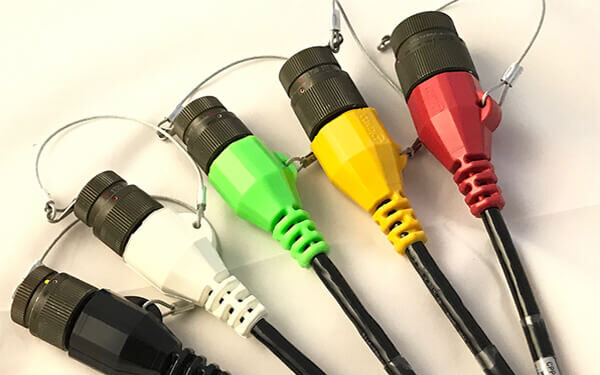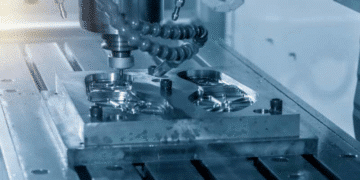Do you know that over 90% of the world’s data has been created in the last two years? And, many businesses are generating an estimated 2.5 quintillion bytes of data every day. So what does this mean for you and your business?
Simple, to stay competitive in this fast-paced era, you need to equip yourself with the latest and greatest technology. One way to do this is by using load cells and pressure sensors. But how do they work, and which one is right for your needs? Keep reading as we are going to break it all down for you!
What are Load Cell Pressure Sensors& What do they do?
Load cells measure weight or force, also called “force sensors.” There are different types of load cells, yet all of them work on the same principle. They consist of a spring and a lever. The spring is compressed when weight is applied to the lever. This compresses the spring and creates an electrical signal, amplified and sent to a display device.
Pressure sensors are devices that are used to measure pressure. They are also known as pressure transducers. There are different pressure sensors, but they all work on the same principle.
They consist of a diaphragm or membrane that is exposed to the pressure that is being measured. The diaphragm or membrane deflects when pressure is applied to it. This deflection creates an electrical signal. The signal is then amplified and sent to a display device.
How Does a Load Cell Pressure Sensor work?
A load cell pressure sensor measures the force exerted by weight or object. The force is transferred to the spring, creating an electrical signal. This signal is then amplified and sent to a display device.
In other words, load cellsand pressure sensors work by converting the measured force or weight into an electrical signal. This signal can then be read by a computer or other device to give the user information about the object that is being measured.
Different types of Load Cells & Pressure Sensors
There are many different load cells and pressure sensors, each designed for a specific purpose. Some common types of load cells include:
- Compression load cells: These load cells are designed to measure the weight or pressure of an object by measuring the amount of compression on the cell.
- Tension load cells: These load cells are designed to measure the weight or pressure of an object by measuring the amount of tension on the cell.
- Shear load cells: These load cells are designed to measure the weight or pressure of an object by measuring the amount of shear force on the cell.
- Button load cells: These load cells are designed to be placed under a button or switch. When the button is pressed, the load cell measures the force of the press.
Here we see that each load cell type is designed for a specific purpose. Some load cells are designed to measure very small weights, while others can measure much larger weights.
Similarly, some load cells can only be used to weigh objects, while others can also measure pressure. What you need, depends on your application.
Applications of Load Cells Pressure Sensors
The load cells and pressure sensors are used in a variety of applications, including:-
- Manufacturing – Load cells and pressure sensors are often used in manufacturing settings to measure the weight or pressure of products during manufacturing. This information can be used to ensure that products meet quality standards.
- Industrial: Load cells and pressure sensors are also used in industrial settings, such as factories and warehouses. They can measure the weight or pressure of moving materials around the facility. This information can help to improve safety and efficiency.
- Retail: Load cells and pressure sensors are sometimes used in retail settings to weigh products. This information can be used to calculate the price of the product.
- Other – Load cells and pressure sensors can also be used in other applications, such as measuring a person’s or animal’s weight.
Which Industries Use Load Cells or Pressure Sensors the Most?
After global drilling and well-servicing markets, load cells and pressure sensors are used in many industries. Some of the industries that use them the most are:
- Automotive industry
- Aerospace industry
- Medical industry
- Food and beverage industry
- Packaging industry
- Chemical industry
- Mining industry
Always go for a reputable Custom Cable Inc. in Canada to get the best Trash pump parts and Custom cables inc for your next business project. They have plenty of instrument solutions to cater to your needs.










